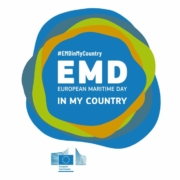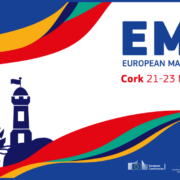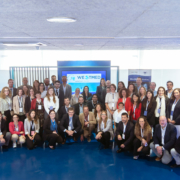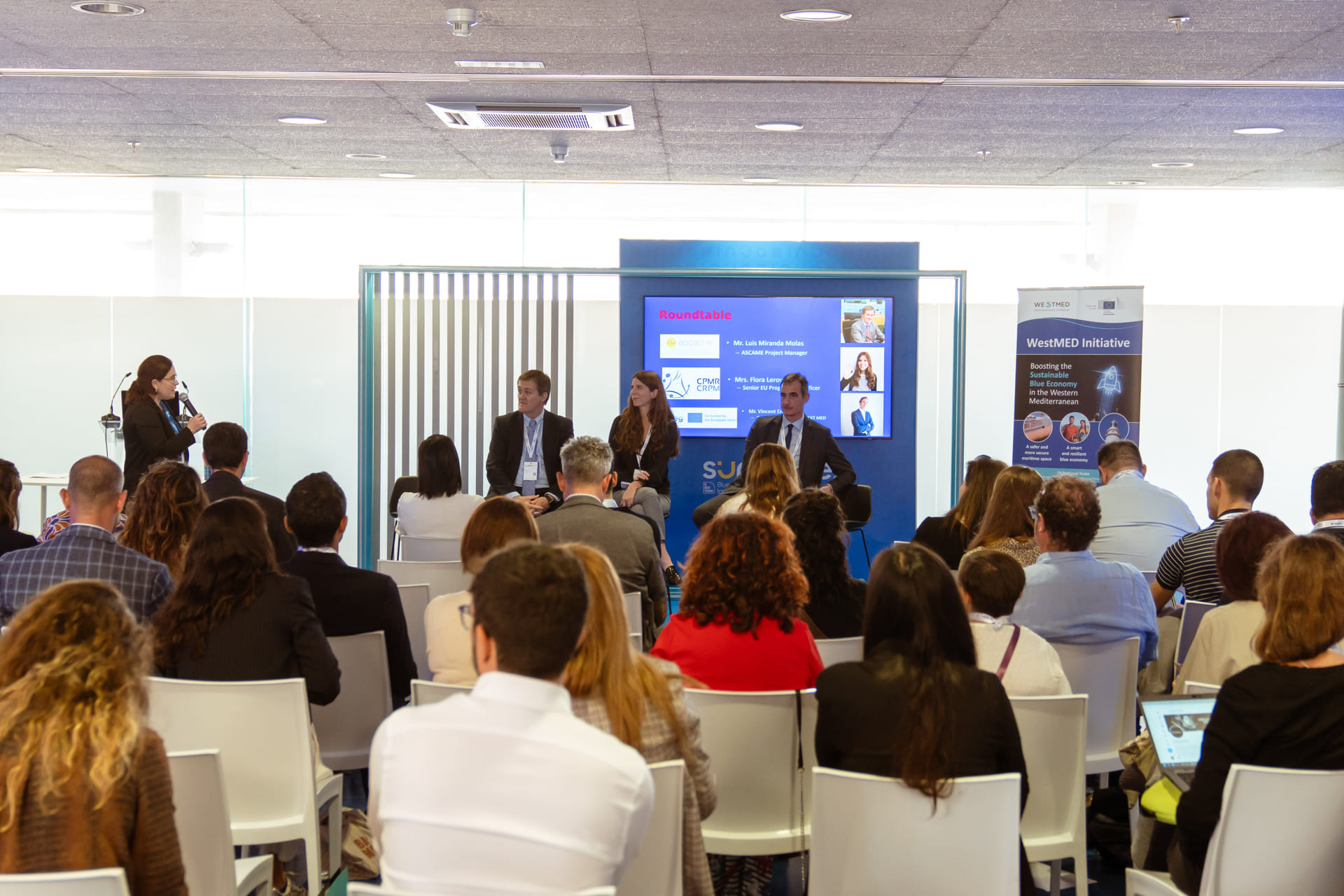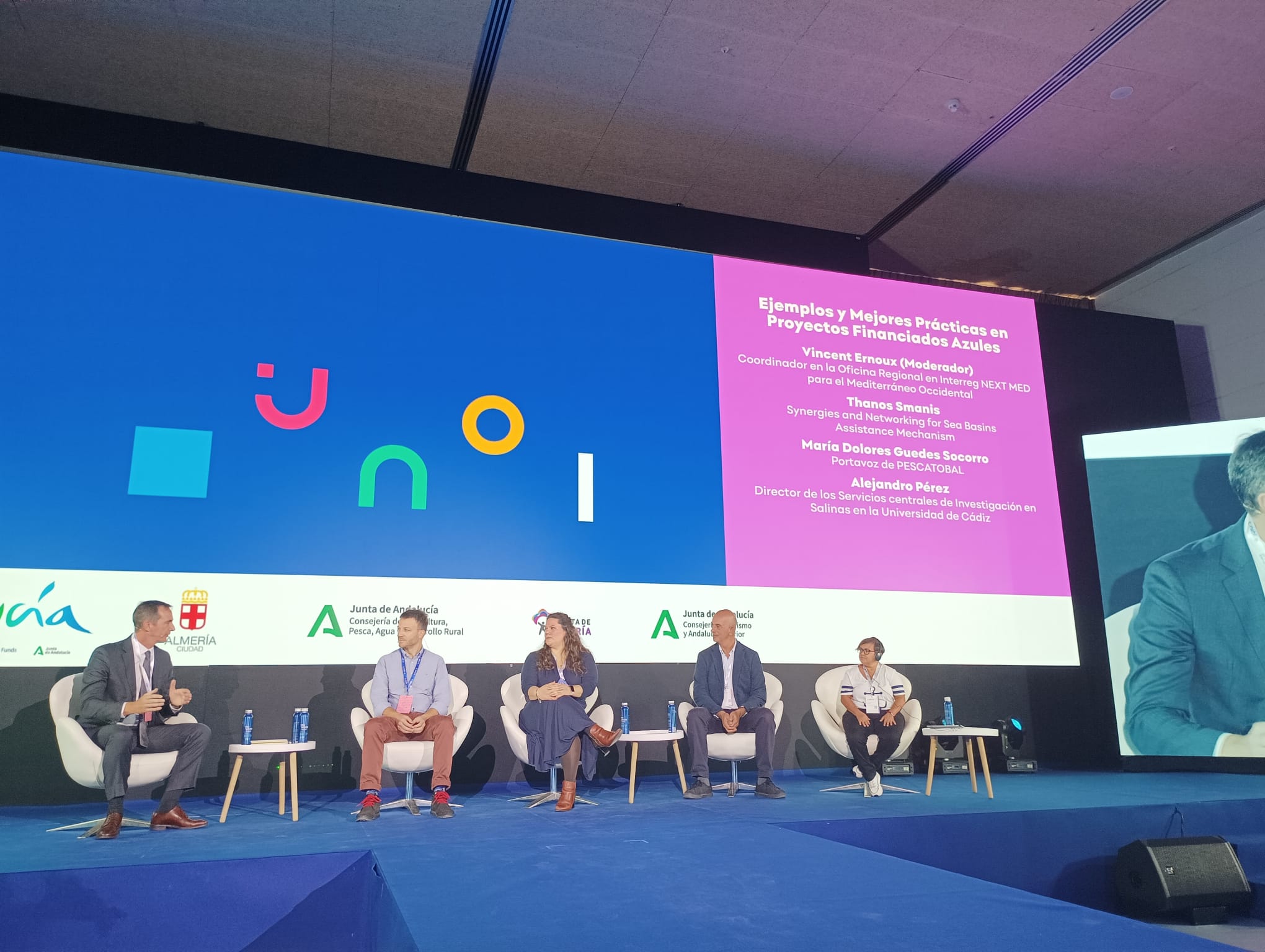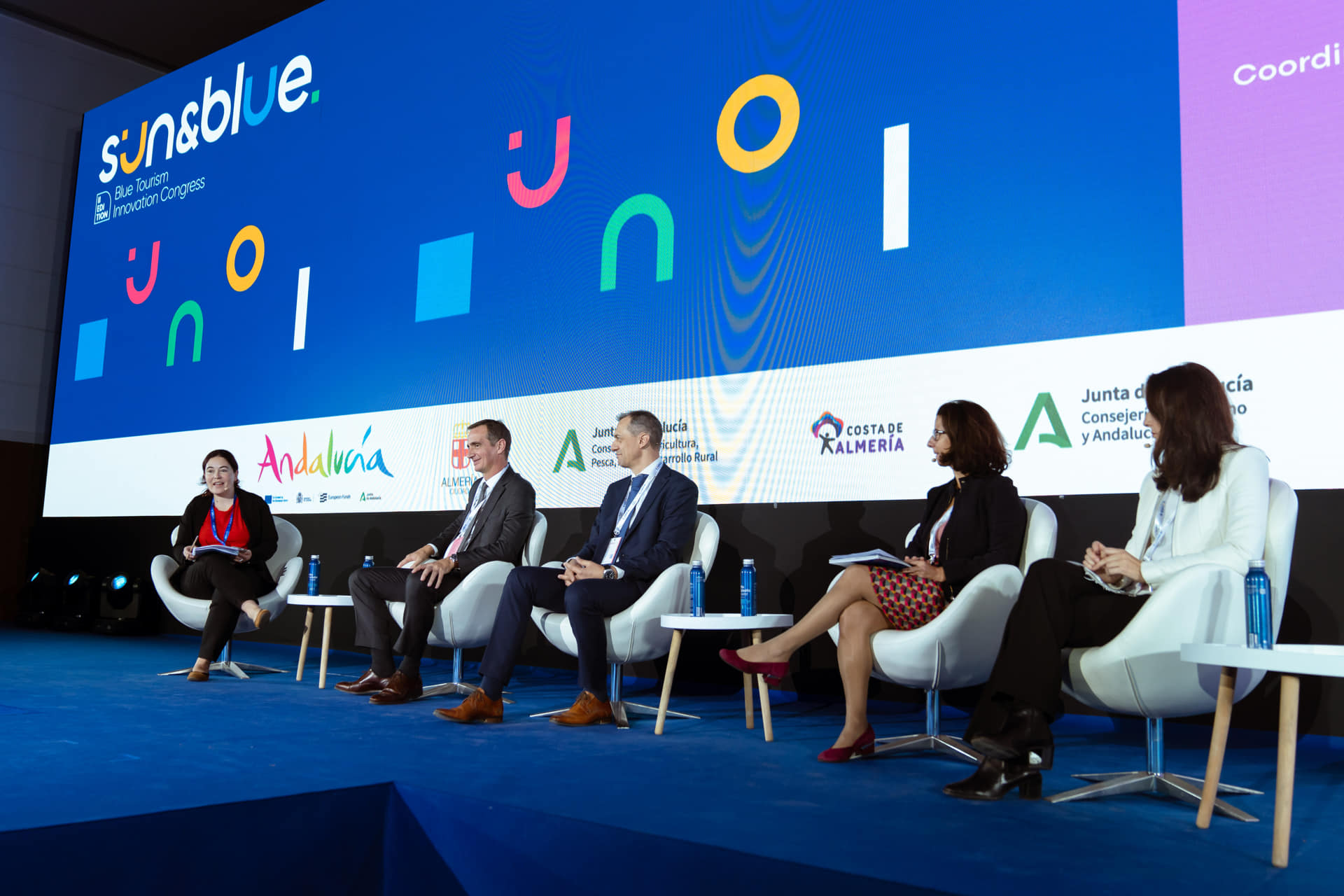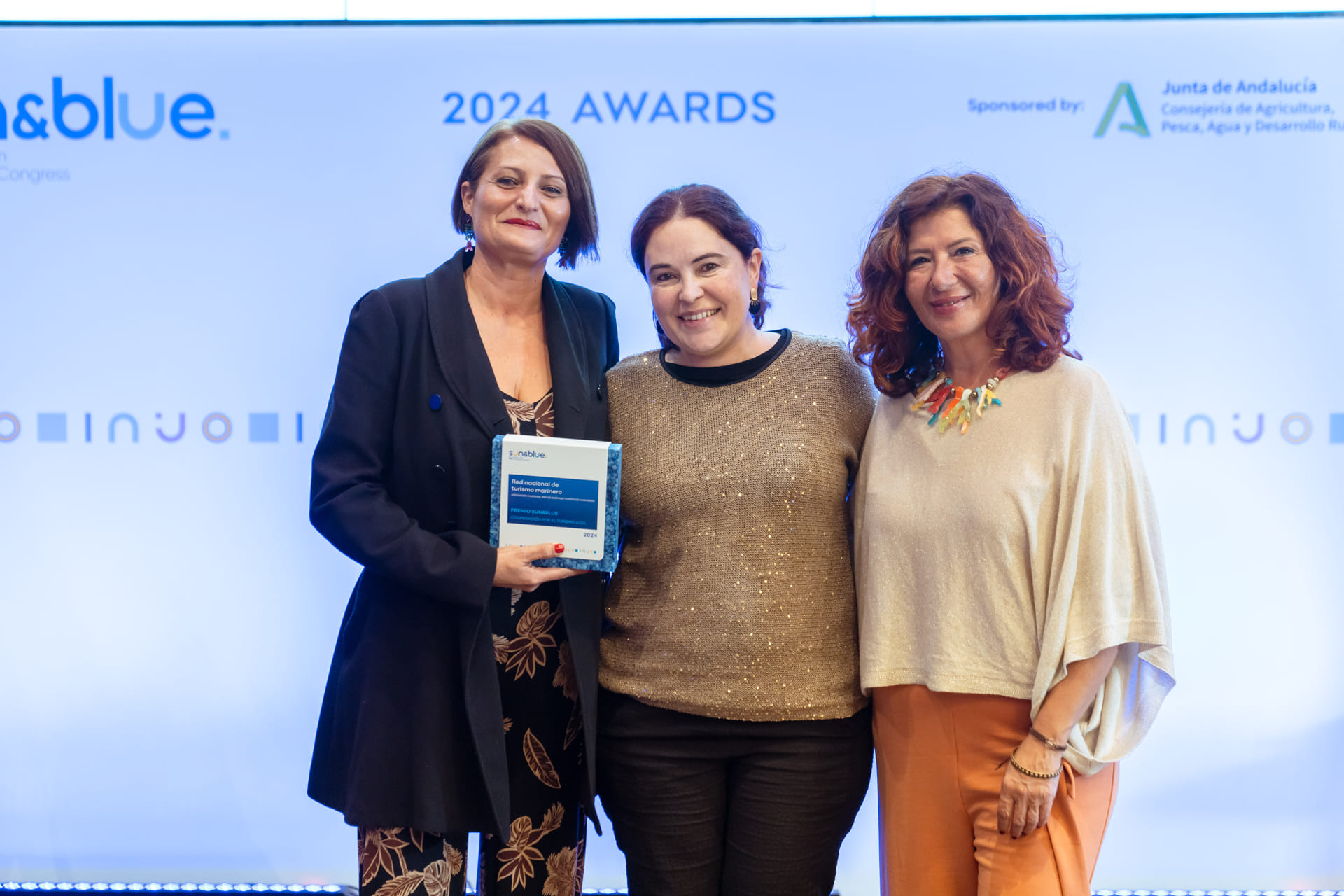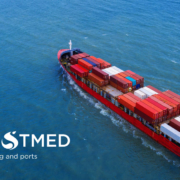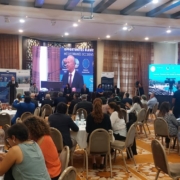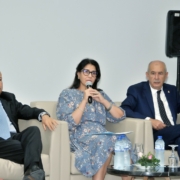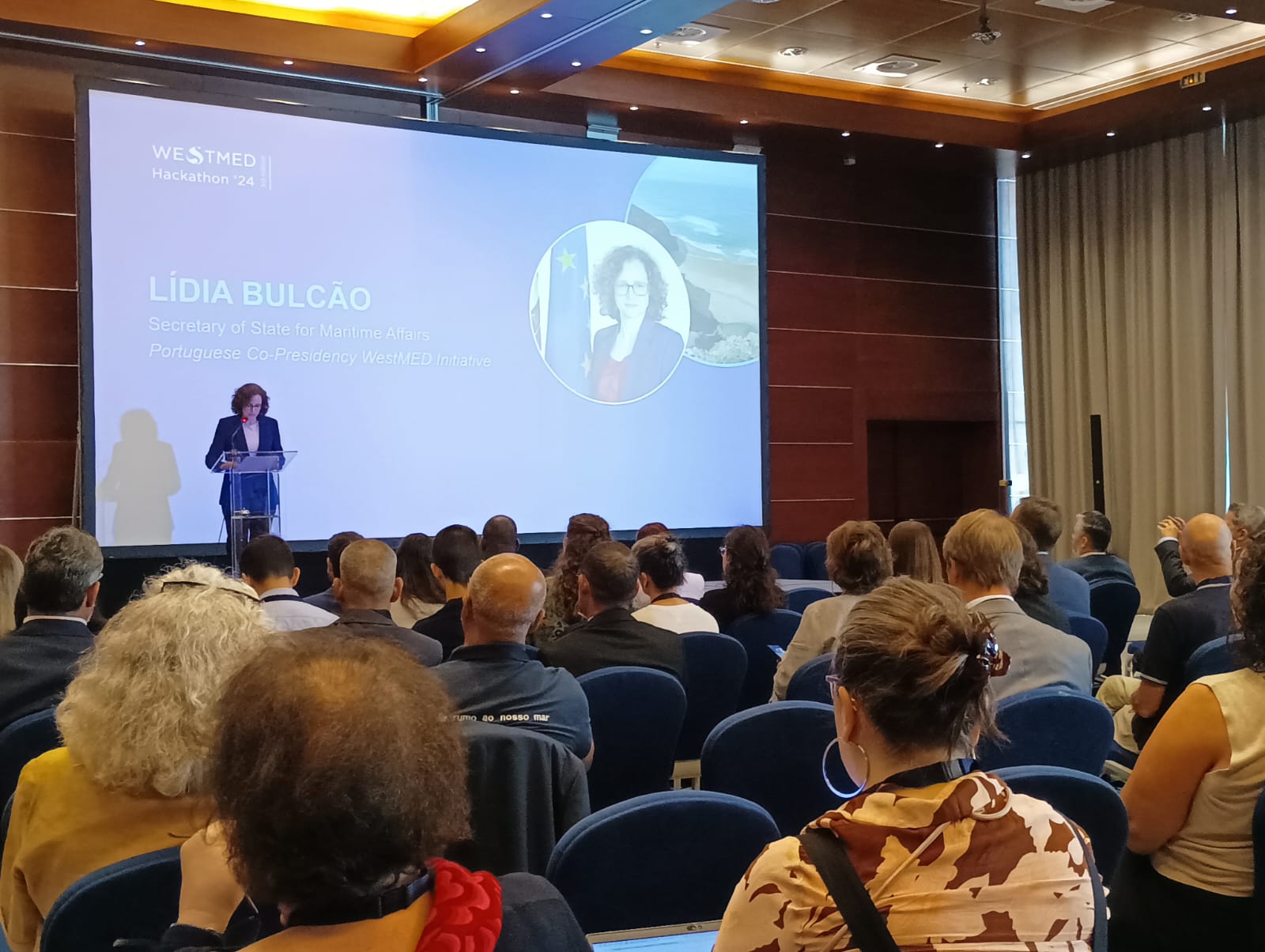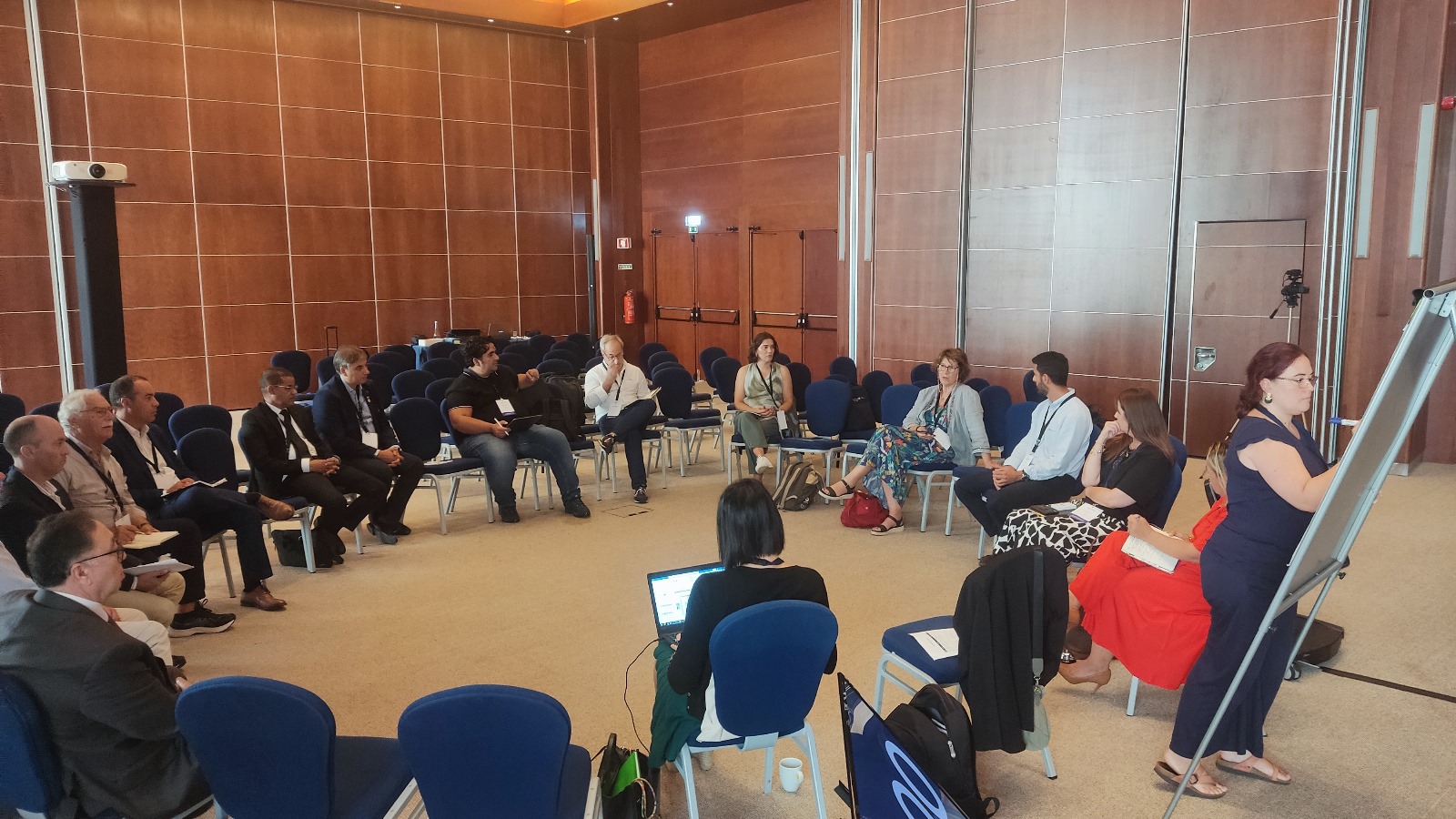On 15 November 2024, WestMED’s National Hubs from Italy and Malta, together with BlueMissionMed-National Hub Malta and the Malta Maritime Forum (MMF) organised a joint Maltese-Italian event titled: ‘Navigating the Future: Innovative Solutions for Sustainable Maritime Development in the Mediterranean.’ The event was hosted by Xjenza Malta and took place in Villa Bighi, Kalkara, Malta. This was the 2nd joint event between Italy and Malta after its first edition in 2023 that took place in Catania, Italy.
Objective
The objective of the event was to foster collaboration among stakeholders in the maritime sector, including policymakers, industry leaders, and researchers, to drive innovation, decarbonisation, and sustainability. It aimed to explore practical solutions, enhance governance, and promote public-private partnerships to address challenges being faced by the Mediterranean maritime industry to ensure resilience and competitiveness. For the second year in a row, Malta and Italy, collaborated forces towards the delivery of a joint event but also ensured that the event applied a more inclusive way towards the countries of the Southern shore through invitation of Southern shore panelists. Next to participants from Italy and Malta, the event also welcomed stakeholders from Algeria, Tunisia, and Libya.
Decarbonization
A central theme of the event was the urgent need to decarbonize the maritime industry. This can be achieved through the adoption of alternative fuels, improving vessel efficiency, and leveraging digital technologies. Participants emphasised the importance of aligning efforts across stakeholders, with policy makers focusing on policy required to develop the market and private sector playing a leading role in operational advancements and the adoption of new technologies.
Public-private partnerships
One important outcome was the recognition of public-private partnerships as essential for driving innovation in the maritime sector. Collaborative hubs that bring together governments, private companies, and academia were highlighted as critical tools to address challenges such as decarbonization and digitalization. To sustain private sector engagement, attendees stressed the need for harmonized policies and financial incentives to encourage investment in sustainable technologies and operational improvements.
Authorities and research institutes
The discussions also explored the evolving roles of authorities and research institutes in overcoming knowledge gaps and aligning strategies to address sustainability challenges. Authorities were called upon to create an enabling environment through streamlined policies and targeted support for innovation. Research institutes were urged to focus on real-world challenges, ensuring their findings are actionable and well-integrated into policy-making and industry practices.
Maritime clusters
Maritime clusters were identified as vital enablers of innovation, providing platforms for collaboration among government bodies, private enterprises, academic institutions, and local communities. Clusters were indicated as ideal to address challenges like resource allocation, governance, and the adoption of new technologies. By fostering collaboration, clusters help stakeholders achieve shared goals such as sustainability, digital transformation, and competitiveness.
Regional cooperation
The event also highlighted the importance of regional cooperation among Mediterranean nations to tackle common challenges. Enhanced collaboration between regulatory authorities and research institutes was seen as essential to avoid duplicating efforts, optimize resources, and deliver impactful solutions. Engaging youth and promoting gender equality in maritime research were also highlighted as vital steps to bring fresh ideas and inclusive perspectives to the sector.
Moving forward
The event provided a valuable platform for networking, bringing together stakeholders from diverse sectors to foster collaboration, share innovative ideas, and align efforts toward sustainable maritime development and decarbonisation in the Mediterranean It also served to highlight the synergies across initiatives such as the Westmed and the BlueMissionMed. It also showcased funding opportunities available through Xjenza Malta.
Therefore, moving forward, the next step is to engage interested stakeholders by disseminating relevant information, facilitating access to resources, and supporting collaborative project proposals to drive actionable outcomes.












